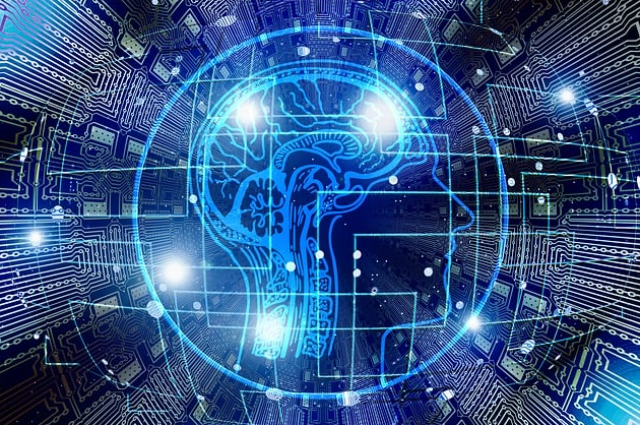
Artificial intelligence (AI) is changing the way we live, work, and interact with the world. From Smart assistants that manage our schedules to self-driving cars and AI-powered medical Diagnoses, this technology has transformed society at an unprecedented pace. But with Great power comes with great responsibility, and as AI continues to evolve, so do ethics. Dilemmas that surround it.
The Promise of AI: A World of Possibilities
AI has the potential to revolutionize industries and improve human life in countless ways. In Healthcare, AI-driven algorithms can detect diseases earlier and more accurately than Doctors. In business, AI helps companies automate tasks, improve efficiency, and make Data-driven decisions. Even in entertainment, AI-generated content is creating new forms of Art, music, and storytelling.
Innovation in AI has also made life more convenient. Personalized recommendations on Streaming platforms, chatbots that provide instant customer service, and voice assistants That respond to our commands are all examples of how AI is seamlessly integrated into our Daily lives.
But while these advancements bring undeniable benefits, they also raise critical ethical. Questions. Who is responsible when an AI makes a mistake? How do we ensure AI is used? Fairly and does not reinforce discrimination? And most importantly, how much control should Do we give to AI?
The Dark Side of AI: Ethical Concerns
- Job Displacement and Economic Inequality
AI is automating jobs at an alarming rate, especially in industries like manufacturing, Customer service, and even creative fields. While automation boosts productivity, it also. Leads to job losses. The challenge lies in finding a balance where AI complements humans. Work rather than replacing it entirely. - Bias and Discrimination in AI Systems
AI learns from the data it is fed, which means it can inherit biases present in society. For For example, AI-driven hiring systems have been found to favor certain demographics over Others reinforce discrimination. Without proper oversight, AI could unintentionally deepen Existing social inequalities. - Privacy and Surveillance
AI-powered surveillance systems can track individuals, analyze their behavior, and even predict their actions. While this technology can be useful for security purposes, it also raises concerns about privacy and human rights. Are we heading toward a future where AI monitors every aspect of our lives? - Autonomous Weapons and AI in Warfare
One of the most controversial applications of AI is in military technology. Autonomous drones and AI-driven weapon systems have the potential to make life-or-death decisions without human intervention. The question is: should machines be allowed to decide who lives and who dies? - The Fear of AI Becoming Too Powerful
Many experts warn about the dangers of AI evolving beyond human control. Science fiction often portrays AI as an existential threat, but even in reality, there are concerns about AI making decisions that humans cannot predict or understand. If AI surpasses human intelligence, will we still be able to control it?
Finding the Balance: Innovation with Ethical Control
So, how do we enjoy the benefits of AI while ensuring it remains ethical and safe? Here are some key solutions:
- AI Regulation and Ethical Guidelines
Governments and tech companies must work together to create clear regulations that ensure AI is developed and used responsibly. Ethical AI frameworks can help prevent misuse and hold companies accountable. - Transparency and Explainability
AI should not operate like a "black box" where decisions are made without explanation. Developers must create AI systems that are transparent and understandable to the people using them. - Human Oversight in AI Decision-Making
AI should assist humans, not replace them. In high-stakes areas like healthcare, law enforcement, and finance, human judgment should always be involved in the final decision. - Addressing Bias in AI
AI developers must ensure that their algorithms are trained on diverse and unbiased data sets. Regular audits and fairness checks can help minimize discriminatory outcomes. - Educating Society About AI
AI literacy is essential for everyone, not just tech experts. The more people understand how AI works, the more they can participate in discussions about its ethical use.
Conclusion: Shaping the Future of AI Together
AI is neither inherently good nor bad—it is a tool created by humans. How we choose to develop, regulate, and use AI will determine its impact on society. The challenge is to strike a balance between innovation and control, ensuring that AI serves humanity rather than dominates it.
As individuals, we must stay informed, question how AI is being used in our daily lives, and push for ethical standards. After all, the future of AI is not just in the hands of tech companies and governments—it is in all of ours.
What do you think? Should AI have limits, or should we allow it to evolve freely? Let’s start the conversation.
